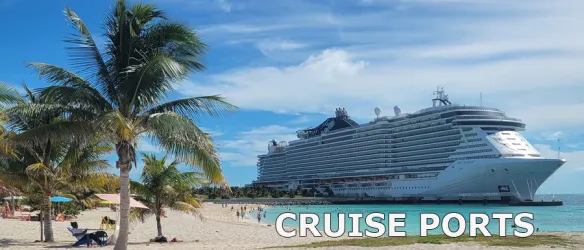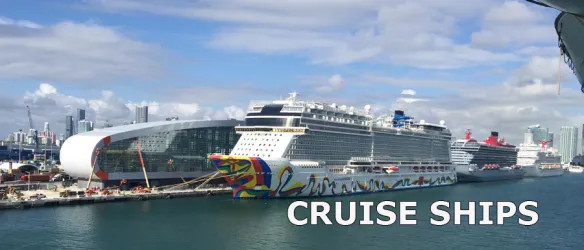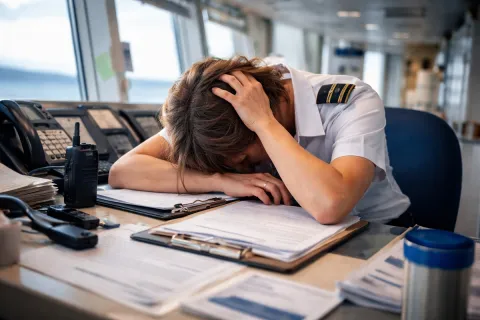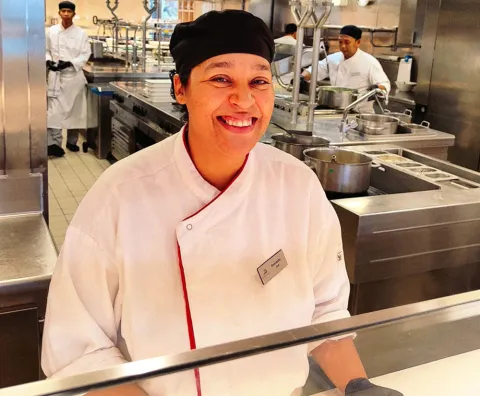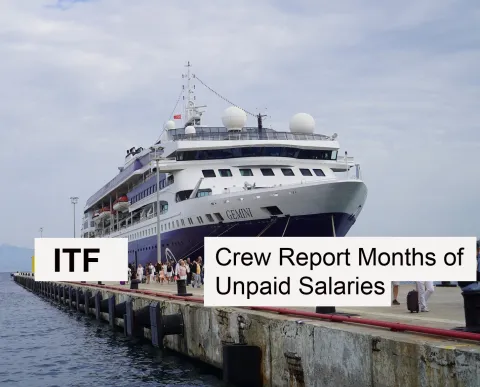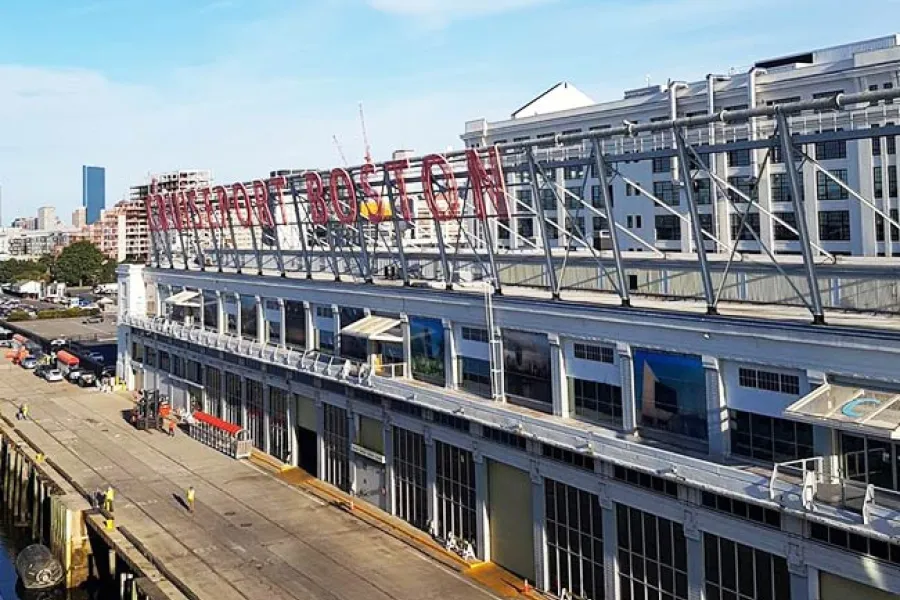
Following the news of CBP temporary rules and restriction regarding crew shore leave in New York and New Jersey after seven crewmembers deserted, it seems like Boston and Newport has also imposed restrictions for cruise ship crew.
More than 300 crew members of the cruise ship Oceania Riviera were denied shore leave access in the port of Boston Massachusetts on November 08. The majority of the crew that could not exit the ship in Boston were Indian Nationals and as a crew member reports on the list were employees with more than five cruise ship contracts. When asked for the reason why Customs and Border Protection denied the crew with several contracts to leave, the answer was that the list was made by CBP and there was nothing they could do. Oceania Riviera's next port-of-call was Newport, Rhode Island on November 10, when the same list of restricted crew appeared on the crew information board.
The crew onboard is very frustrated by the new rules and upset saying that they are good enough to sever the guests but not good enough to exit in the US port. Not all crew are ship jumpers and they need to exit in port just to feel the land. After so many years of service and being loyal this is what u get – says one crew member.
After Newport Oceania Riviera next port-of-call was New York where Customs and Border Protection implemented restrictions saying that crew with more than five contracts can be granted shore leave. Oceania Riviera crew members say that these restrictions were now lowered to three contracts.
Four days after the Cruise Industry News reported about the new CBP restrictions in NYC, ABC I-Team Investigator Kylie McGivern uncovered that about 260 foreign crew members jumped ships in Florida ports in 2018 according to reports to reports by U.S. Customs and Border Protection.
James Spero, special agent in charge at Homeland Security Investigations says that this number sounds a little bit high, but for the extremely large amount of people throughout the state of Florida – at various ports – probably that percentage isn't all that surprising.
We have sent an email requesting more information regarding the new rules in Port of Boston and Newport and waiting for a response by the U.S. Customs and Border Protection.


